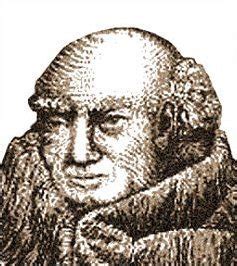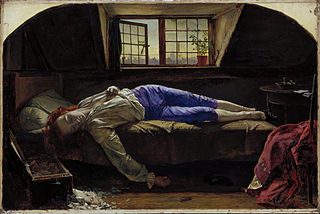A Quote by Francois de La Rochefoucauld
He is not to pass for a man of reason who stumbles upon reason by chance but he who knows it and can judge it and has a true taste for it.
Related Quotes
For authority proceeds from true reason, but reason certainly does not proceed from authority. For every authority which is not upheld by true reason is seen to be weak, whereas true reason is kept firm and immutable by her own powers and does not require to be confirmed by the assent of any authority.
A learned parson, rusting in his cell at Oxford or Cambridge, will reason admirably well upon the nature of man; will profoundly analyze the head, the heart, the reason, the will, the passions, the senses, the sentiments, and all those subdivisions of we know not what ; and yet, unfortunately, he knows nothing of man... He views man as he does colours in Sir Isaac Newton's prism, where only the capital ones are seen; but an experienced dyer knows all their various shades and gradations, together with the result of their several mixtures.
It was not reason that besieged Troy; it was not reason that sent forth the Saracen from the desert to conquer the world; that inspired the crusades; that instituted the monastic orders; it was not reason that produced the Jesuits; above all, it was not reason that created the French Revolution. Man is only great when he acts from the passions; never irresistible but when he appeals to the imagination.
To deprecate human reason by saying that none of us is or can be omniscient is absurd, for it takes an impossible standard as the judge of a possible and real condition. All of our knowledge we get from the exercise of our reason; to say that no man can be God and know everything is to take an irrational standard of evaluation.
There are two excesses: to exclude reason, to admit nothing but reason. The supreme achievement of reason is to realise that there is a limit to reason. Reason's last step is the recognition that there are an infinite number of things which are beyond it. It is merely feeble if it does not go as far as to realise that.
My conclusion is that there is no reason to believe any of the dogmas of traditional theology and, further, that there is no reason to wish that they were true. Man, in so far as he is not subject to natural forces, is free to work out his own destiny. The responsibility is his, and so is the opportunity.





































